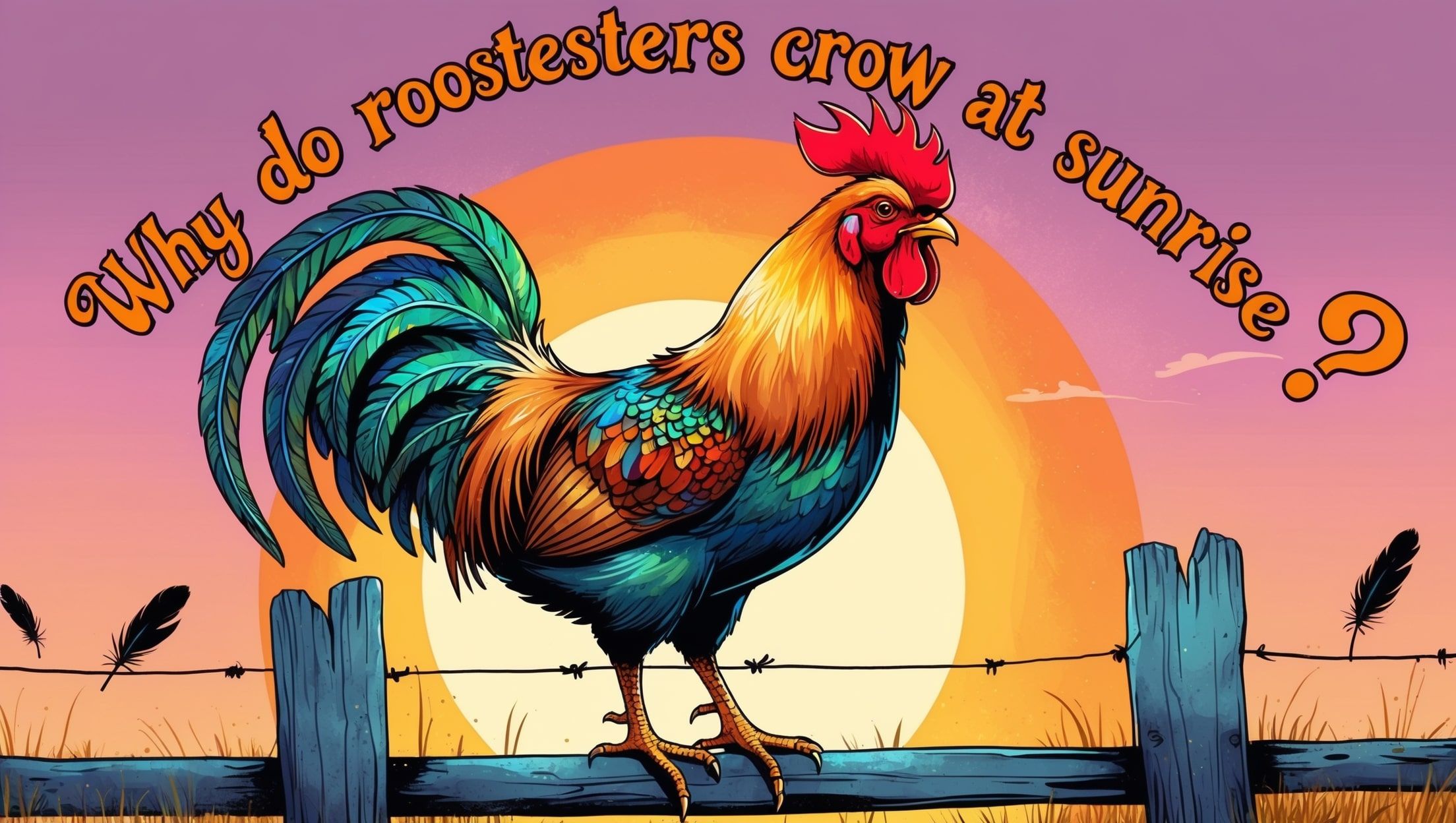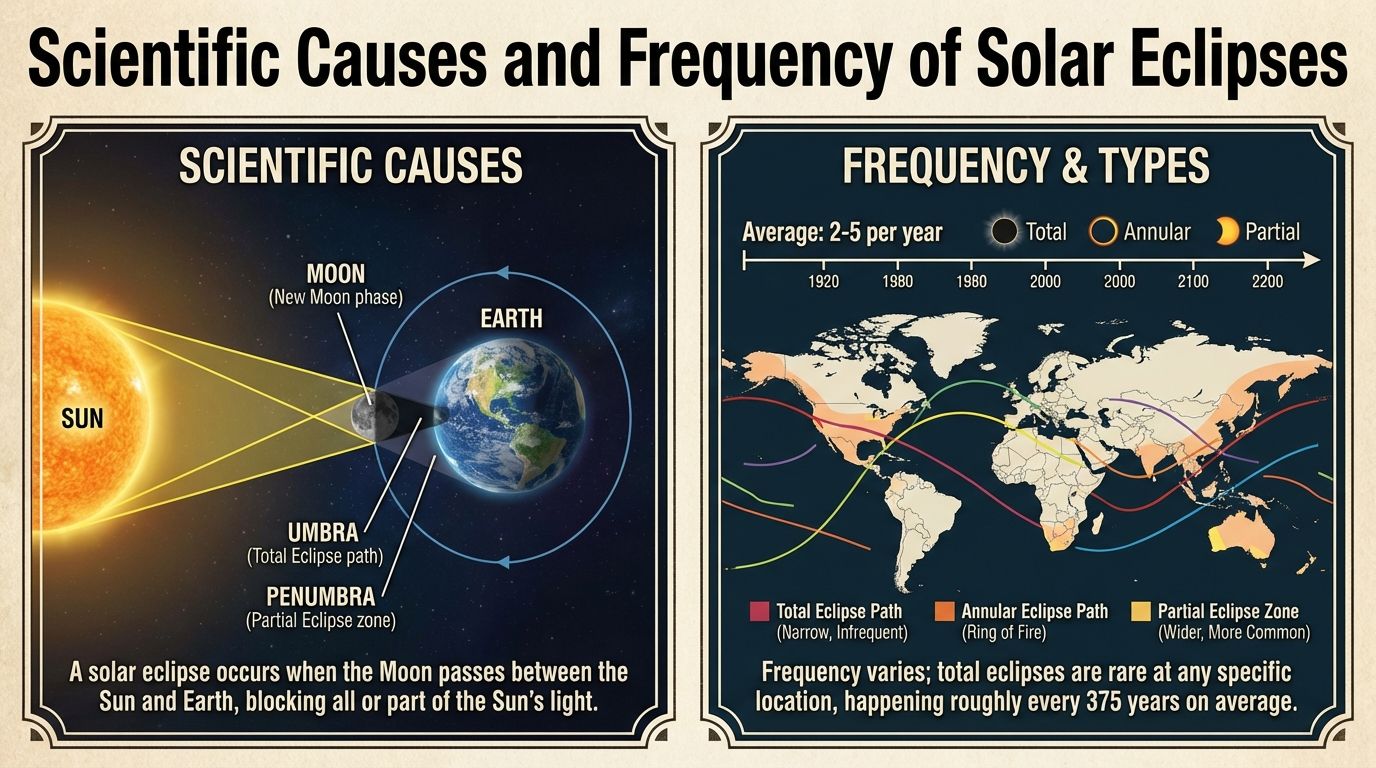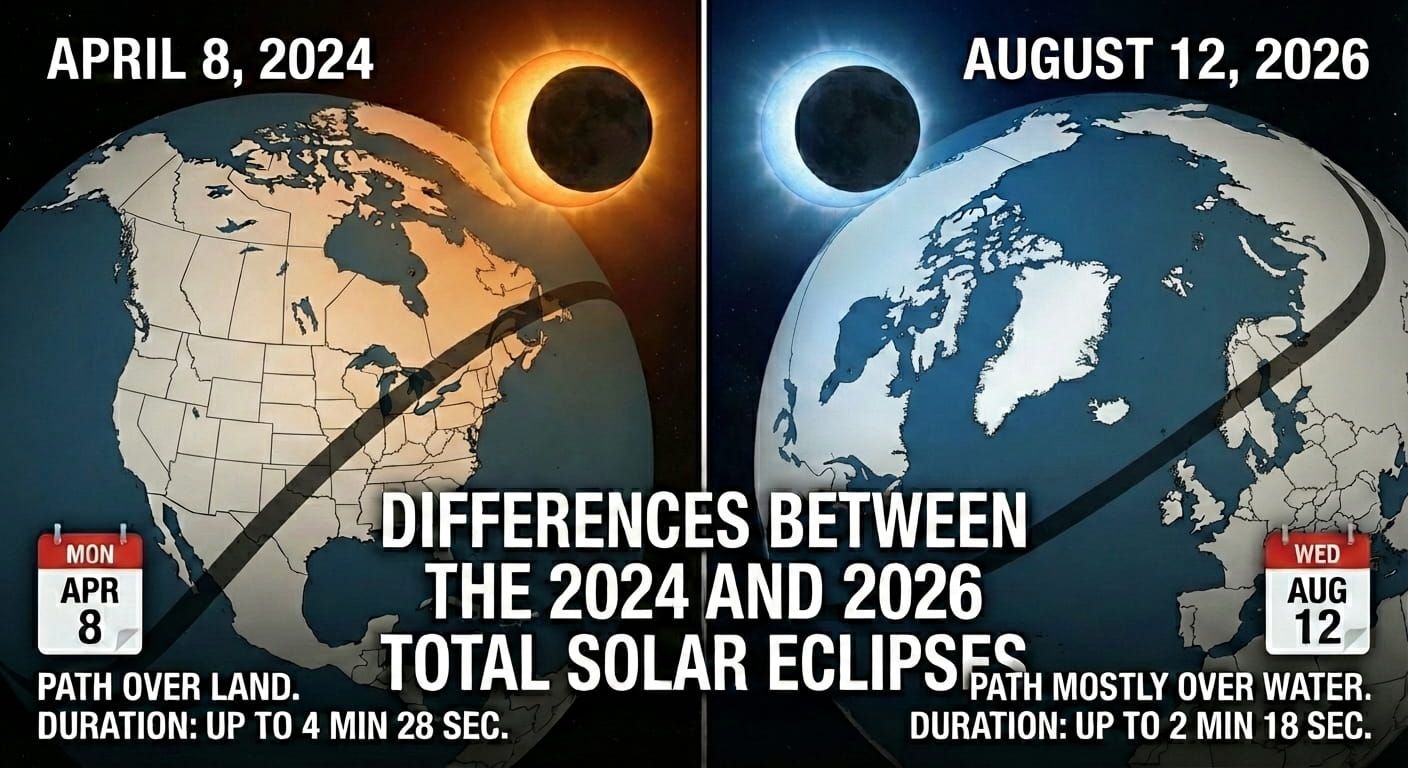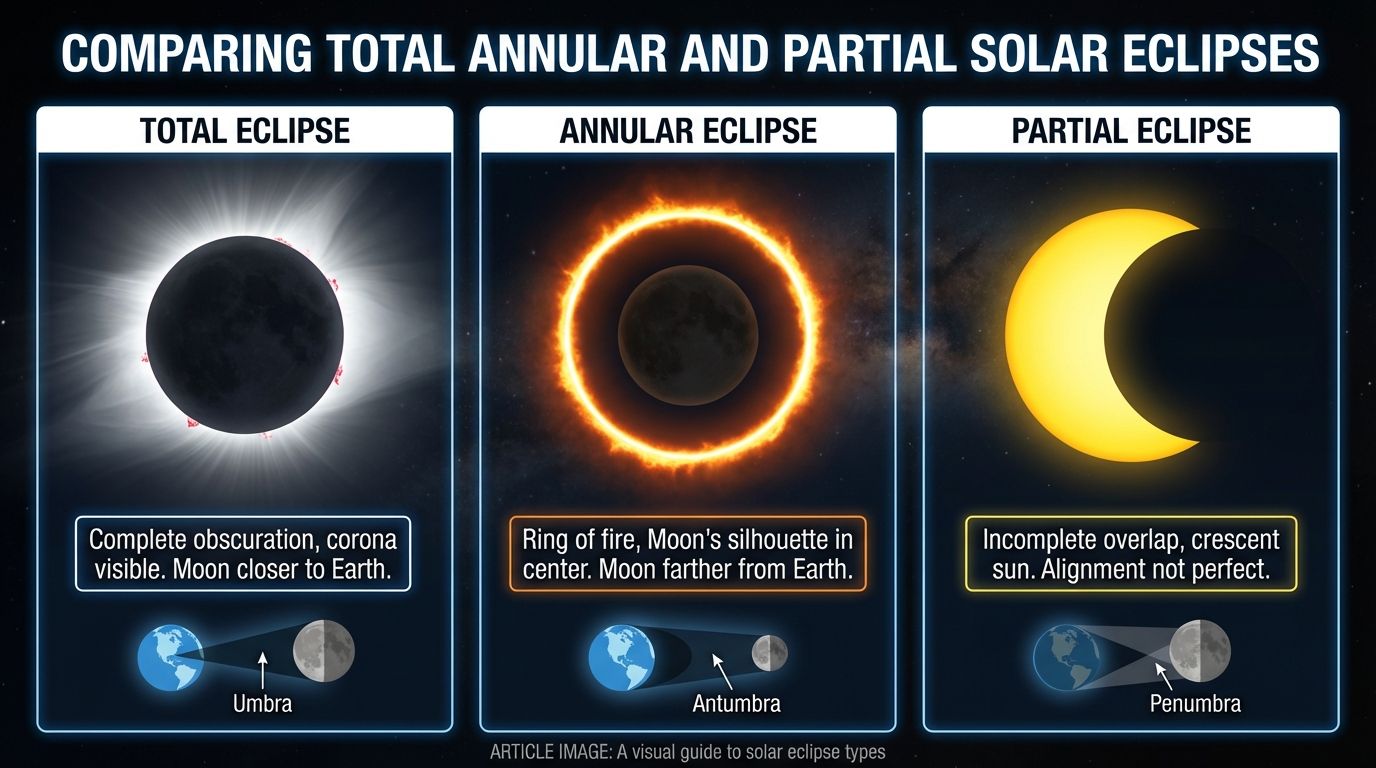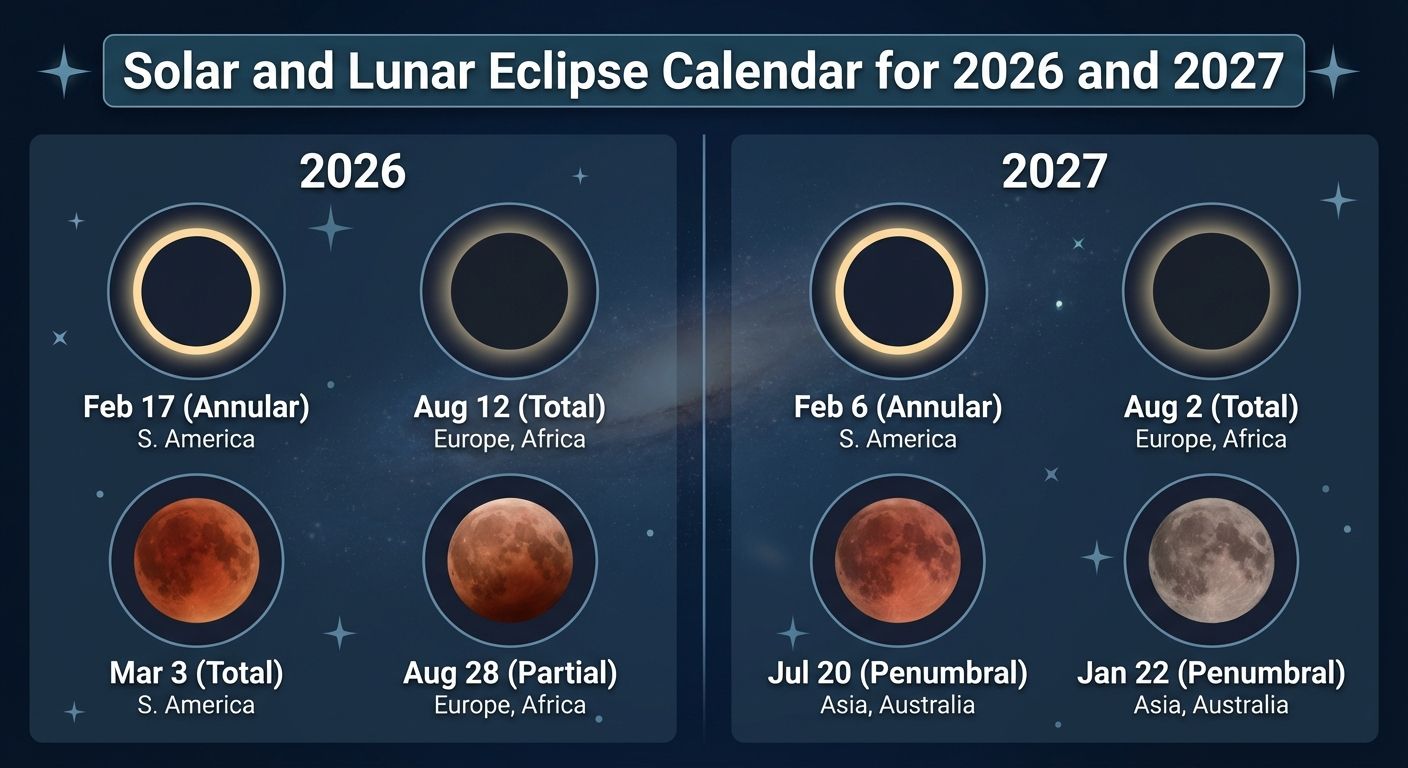You’ve probably heard it: That loud, proud “cock-a-doodle-doo” breaking the quiet of early morning. Roosters seem to know exactly when the sun’s about to rise. But is it the light that wakes them? Or something deeper? Just like the subtle shifts we notice when daylight saving time changes, roosters too sense rhythm far beyond what we can see.
It’s Not Just About the Light
Most people think roosters crow because they see the sun. But even in complete darkness, they still crow around the same time. That’s because they follow a circadian rhythm, an internal timer that keeps track of day and night, much like the patterns that define our time zones across the world.
Roosters are early risers by nature. Their crow is like a wake-up call for the flock. It’s also a way to claim territory before other animals are even awake, a behavior as consistent as the world clock ticking across continents.
What Science Says About the Crow
Researchers in Japan studied roosters in labs with no windows. The birds still crowed early in the morning, without sunlight. That confirmed what farmers already knew: roosters don’t need the sunrise to tell them when it’s morning, similar to how IANA time zone systems operate without direct reliance on daylight but follow an internal structure.
They’re running on a kind of built-in clock that resets every 24 hours. Light helps fine-tune it, but it’s not the boss of the rooster’s routine, something humans have long observed when creating tools like the alarm clock to mimic nature’s rhythm.
Reasons Roosters Crow (Beyond Just Sunrise)
- To mark territory: The early crow warns others to stay away.
- To wake the flock: Roosters keep hens and younger birds on schedule.
- To respond to noise: Sounds like footsteps, predators, or even headlights can trigger a crow, much like environmental cues that affect weather patterns.
- To establish rank: Crowing is part of rooster rivalry. It shows who's in charge.
- Because it's wired in: Their natural rhythm tells them it’s morning, with or without a clock or calendar.
The Role of Sunrise in Their Routine
Even though they don’t need the sun to crow, morning light does help reinforce their rhythm. It sharpens their sense of timing. That’s why roosters in natural settings usually crow right before or at dawn; their inner clock syncs up with the light over time, just like the natural timing of sunrise in different seasons.
But it’s not a perfect match. Some roosters crow a little earlier. Some a little later. They’re like feathered alarm clocks with strong opinions, echoing nature’s subtle variations described in the sunrise and sunset timing patterns we see daily.
One More Reason to Appreciate Morning Sounds
Roosters don’t just tell us the day is starting. They remind us of rhythm, habit, and nature’s timing. Whether you love or loathe their call, it’s one of the oldest sounds tied to sunrise. And unlike a phone alarm, it’s never on mute, an instinctive harmony with the cycles of sunrise in rituals and daily life.
